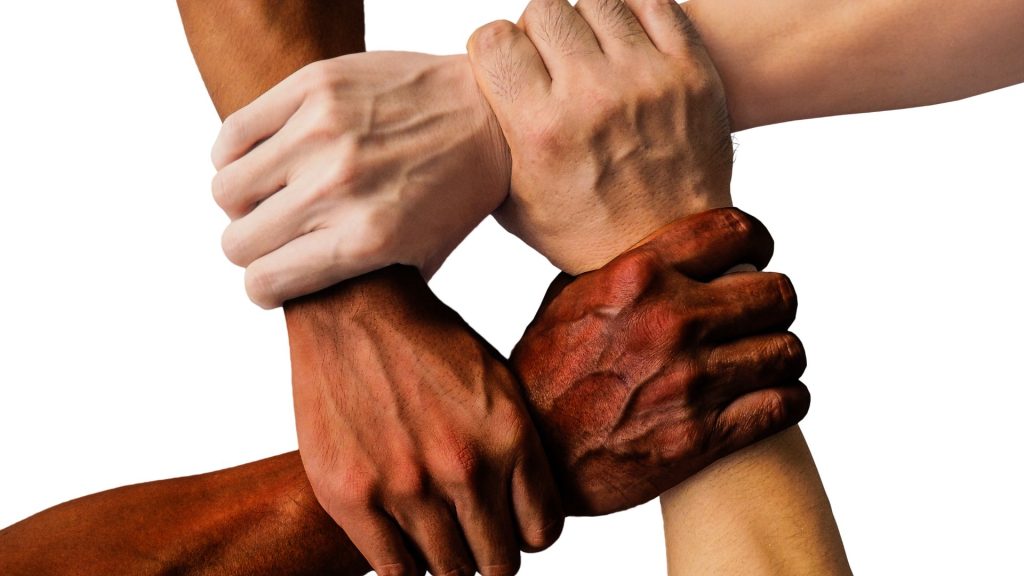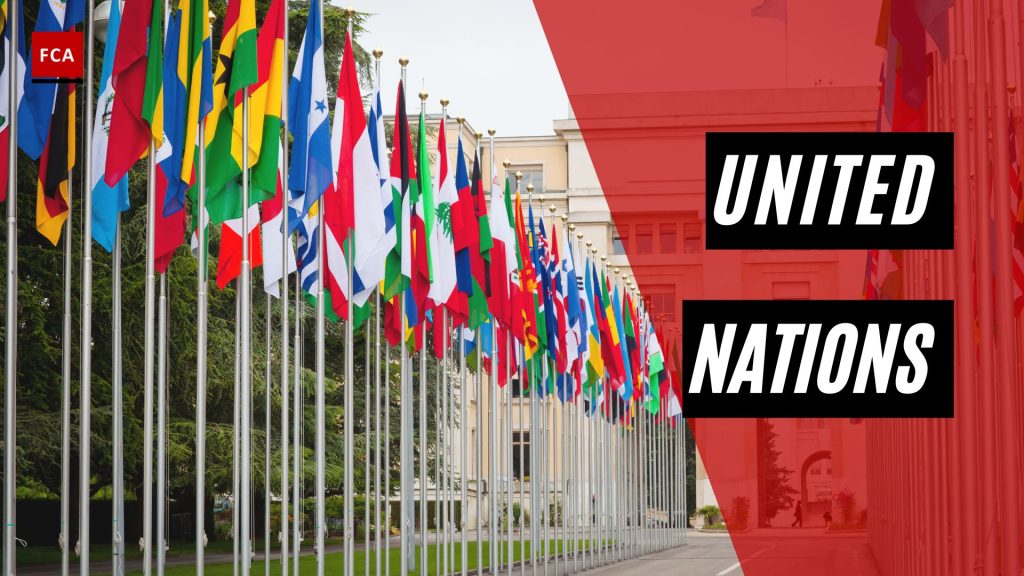The United Nations or UN Sanctions serve as a measure to achieve international peace and security. The UN has the right to do so based on Article 41 of Chapter VII of its founding charter. The UN first imposed sanctions in the year 1963, and in the year 1965, against the apartheid regimes of South Africa and Southern Rhodesia, respectively. At the end of the cold war, the UN witnessed a surge in sanctions regimes, the objectives of which covered conflict resolution, non-proliferation, the protection of civilians, counterterrorism, etc.

The United Nations
The Security Council is one of the six organs of the UN. They are charged with ensuring international peace and security, recommending the admission of new UN members to the General Assembly, and approving any changes to the UN Charter. Its powers include establishing peacekeeping operations, authorizing military action, and enacting international sanctions. The Security Council is the only UN body with the authority to issue binding resolutions on member states.
The Security Council consists of various members, of which five are permanent, including China, France, the United Kingdom, Russia, and the United States of America. Each member country has one vote, and to enact sanctions resolutions, at least nine members, including all permanent members, must vote in the affirmative, without objection from any of the five permanent members. Permanent members can veto any substantive resolution, including enacting international sanctions.
The Security Council has set some key criteria for targeting entities and individuals. Among the criteria are threats to peace, security, or stability; violations of human rights and international humanitarian law; obstructing humanitarian aid, and recruiting or using children in armed conflicts.
The UN prefers targeted sanctions over comprehensive sanctions against a country or region because the latter has a greater impact on developing economies. Civilians, particularly women and children, are already vulnerable due to being economically disadvantaged.
After the UN Security Council adopts a resolution, it is legally binding under the UN Charter – Articles 25 and 48. Article 25 states that the Member States are obligated to, accept and carry out the decisions of the Security Council per the present Charter.

Final Thoughts
The United Nations, also known informally as the United Nations Organization (UNO), is an intergovernmental organization whose stated goals are to maintain international peace and security, develop friendly relations among nations, achieve international cooperation, and be a center for harmonizing nations’ actions. It is the world’s largest and most familiar international organization, home to the International Court of Justice.








